National News
-
PM Modi takes Xi Jinping on a guided tour of Mamallapuram monuments
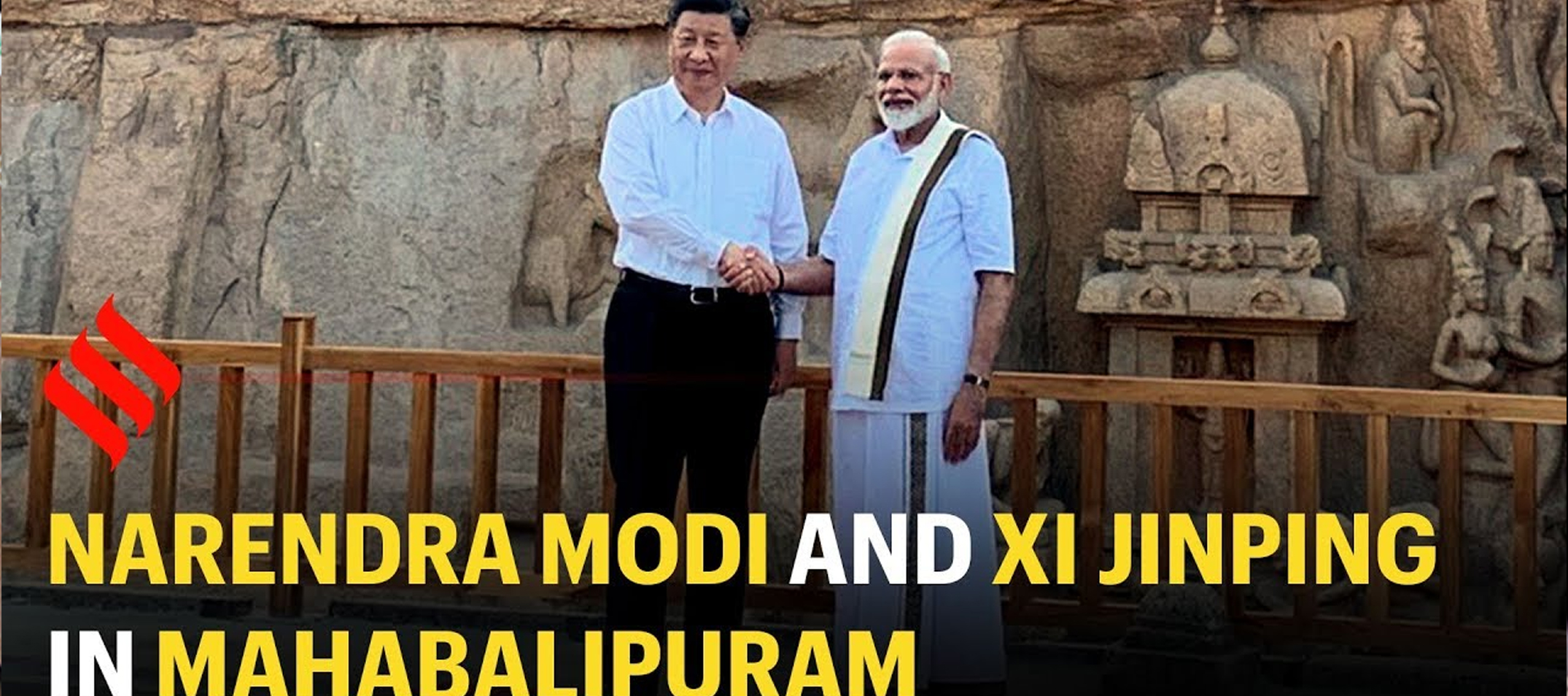
Prime Minister Narendra Modi took Chinese President Xi Jinping on a guided tour of the UNESCO declared heritage monuments at Mamalllapuram. Modi received Jinping at Arjuna's Penance from where the tour started. This was followed by Krishna's Butter Ball, Five Rathas and finally at the Shore Temple. Modi was seen explaining in detail the various aspects of the monuments.
-
Centre plans ‘Vigyan Jyoti’ to aid girl students to opt for STEM education
Alarmed by the low percentage of women in Science, Technology, Engineering and Mathematics (STEM), the Centre has planned a programme to help girl students inculcate interest in these areas and also fund them if they get into any top institute for pursuing these underrepresented subjects. The programme ‘Vigyan Jyoti’ aims to tap 100 girl students in 550 districts from 2020-2025, the officials said. The students will be chosen based on their percentile. The programme also has financial dimension. The girls will be given a modest financial incentive to cover their additional expense like travel to camps.
-
Over 1,500 students participate in Indian Army's 'Sangam Youth Festival' in Jammu
Over 1,500 students from 32 different colleges and university participated in the 'Sangam Youth Festival' being organised by the Indian Army in collaboration with Jammu University Campus in a bid to spread the message of peace, prosperity, communal harmony and national integration.
This event comes in continuation with the Indian army and the administration's effort to engage the youngsters in productive activities.
-
Indo-Dutch cooperation: Second phase of LOTUS-HR project launched in presence of King and Queen
The second phase of an Indo-Dutch project that seeks to treat dirty water of Barapullah Drain before it falls into Yamuna was launched in the presence of Netherlands King Willem-Alexander and Queen Maxima. The Local Treatment of Urban Sewage Streams for Healthy Reuse (LOTUS-HR) project was set up in 2017 at the Sun Dial Park here as part of a collaboration between the governments of India and the Netherlands. The project is jointly supported by the Department of Biotechnology of Indian government's Ministry of Science and Technology and Netherlands Organisation for Scientific Research/STW of the government of the Netherlands. IIT-Delhi and city-based The Energy and Resources Institute (TERI) and National Environmental and Engineering Research Institute (NEERI) Nagpur are among the partners in this project from India.
-
FSSAI launches Food Safety Mitra for ease of doing business, job creation
In a bid to improve the ease of doing business, apex food regulator Food Safety and Standards Authority of India (FSSAI) launched a scheme --Food Safety Mitra (FSM). The scheme will support small and medium scale food businesses in compliance to the food safety laws. The scheme will lead to improved ease of doing business by creating a transparent and organized ecosystem supporting food businesses wherein food businesses will be able to get trained service providers at fair prices - lowering the costs of compliance. Apart from strengthening food safety, this scheme would also create new employment opportunities for youth, particularly with food and nutrition background. The FSM would undergo training and certification by FSSAI to do their work and get paid by food businesses for their services. A Food Safety Mitra is an individual professional certified by FSSAI who assists in compliances related to FSS Act, Rules and regulations with three avatars viz. Digital Mitra, Trainer Mitra and Hygiene Mitra depending upon their respective roles and responsibilities. The FSSAI has also written to various states to implement the scheme properly.
-
In Odisha’s first robotic restaurant, two humanoids to serve customers
Robo chef is a restaurant in Bhubaneswar that claims to be the first eatery in India where two indigenously developed robots will serve customers. These two robots are named ‘Champa’ and ‘Chameli’.
-
Railways to launch 10 'Sewa Service' trains for daily passengers
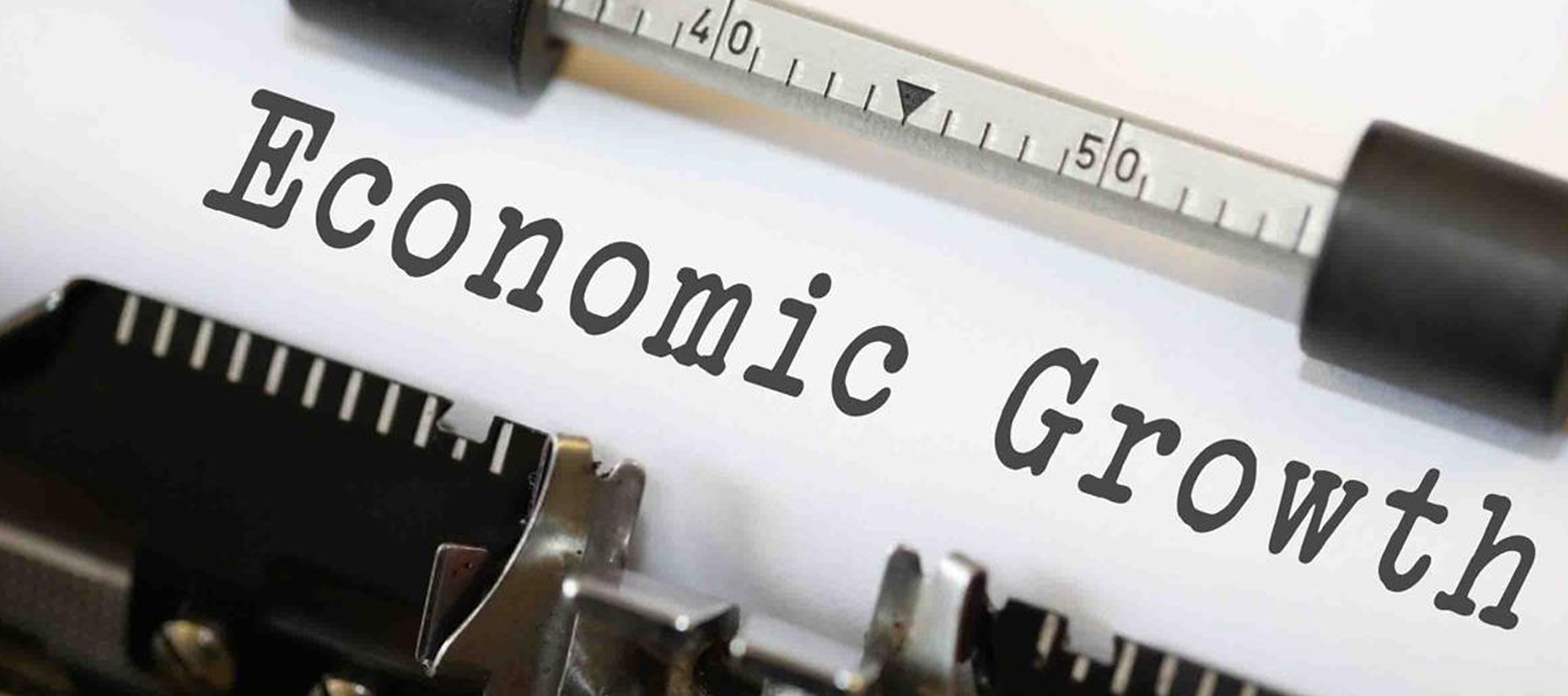
The Indian railways will inaugurate 10 ‘Sewa Service’ trains to connect small towns with their closest major cities and ease the hassle of travelling for daily passengers. The railways introduced Sewa Service trains to ensure congestion free roads and faster ease of movement for public. These trains will also help divert short distance traffic from roads to the railways.
In another development, the railways launched a website and mobile app that allows passengers to register their complaints online. This will facilitate the railway police in addressing complaints of passengers from across India and crime detection by integrating the criminal database online.
The Sahyatri app will help railway passengers find out the jurisdiction of a police station and the details of government railway police (GRP) officials by geo-tagging with Google Maps. The app will also have the facility to scan and read QR (quick response) codes and make an emergency call.
-
Release of two diagnostic kits developed under ‘Make in India’ initiative by Indian Council of Agricultural Research - Indian Veterinary Research Institute, Izatnagar
Two diagnostic kits developed by Indian Council of Agricultural Research (ICAR) - Indian Veterinary Research Institute (IVRI) under the ‘Make in India’ initiative, namely the Bluetongue sandwich ELISA (sELISA) and the Japanese Encephalitis lgM ELISA kit for the control of Swine and Detection of Antigen, were released by Shri Atul Chaturvedi, Secretary Department of Animal Husbandry & Dairying and Dr. T. Mahopatra, Secretary DARE and DG, ICAR at Krishi Bhawan. This indigenous technology will not just help save foreign exchange as the newly developed kits cost ten times lesser than the imported ones but also has the potential to earn foreign exchange.
-
Govt to set up 14 skills training centres across 9 cities for media & entertainment sector
Union Skill Development and Entrepreneurship Minister Mahendra Nath Pandey unveiled plans to set up 14 Authorized World Skills India Training Centres across 9 cities for media and entertainment sector. The new institutes will be set up for advanced skill training of candidates in media and entertainment sector and to further develop skilling eco-system for training candidates for the international market.
-
Buddhist circuit train between India and Nepal to run between October 19-26
The Indian Railways will run its first Buddhist Circuit train between India and Nepal from October 19 to October 26. The train journey will cover sites significant to Gautam Buddha's life in both India and Nepal. According to the Indian Railways Catering and Tourism Corporation (IRCTC), the Buddhist circuit train will cover important Buddhist destinations such as: Lumbini - the birthplace of Buddha, Bodhgaya - the place of enlightenment, Sarnath - the place of Buddha's first sermon and Kushinagar - the place of Buddha's Nirvana. The train will originate and terminate at Safdarjung railway station in New Delhi.
-
Nitin Gadkari Names Highway In Punjab After Guru Nanak Dev
Union Minister for Road Transport and Highways, Nitin Gadkari named the highway starting from Kapurthala, connecting Gobindwal Sahib and terminating near Taran Tarana, as ''''Shri Guru Nanak Dev Ji Marg'''' to mark the 550th birth anniversary of Guru Nanak Dev.
The National Highway starting from Kapurthala connecting Gobindwal Sahib and terminating near Taran Taran in the State of Punjab has been declared as new National Highway No. 703AA and named as "Shri Guru Nanak Dev Ji Marg.
-
Indian Army launches “OASIS”
The Indian Army has begun to digitize its official records under its new programme called “OASIS”-Officers Automated Structures Information System. Under the programme, the records of the army officers are to be digitized. The software is to be hosted in the Army’s intranet. The records were manually preserved by Manpower Planning Directorate before the launch of the software. The whole process of collecting the records, keeping track and checking the records were cumbersome. Though new to the Army, a similar programme is already functioning for the Army Jawans. The records are expected to be digitized in 5-6 months. Oasis will also carry the photographs of the dependents of the army officers. This is essential to prevent frauds where people create fake dependent cards. When the officer retires, the whole data will migrate from Oasis to Retired Officers Digital Records Archive (RODRA). The RODRA holds the pension details of the officers. The programme will also allow the army officers to check their salary slips and other details instantly. In far off border posts it takes many days for army officers to receive their records through mails. This programme helps to eliminate such difficulties.
-
National Institute of Nutrition centenary stamp released
A special commemorative postal stamp of the National Institute of Nutrition (NIN), Hyderabad was released by Union Minister for Health & Family Welfare, Harsh Vardhan. The stamp has been brought out under the “Corporate My stamp” scheme of India Posts. These stamps are of limited edition and are made to order. Alongside these customised themed stamps, the NIN also opted for printing its centenary logo. About 5,000 stamps with a face value of ?5 per stamp were printed and India Posts would print an additional 1,000 sheets for sale online at e-post office and for display and sale in national and global philately exhibitions by the Department.
The NIN centenary year theme was ‘Empowering the nation through nutrition’.
-
Chenani-Nashri Tunnel To Be Renamed After SP Mukherjee
The Chenani-Nashri tunnel, the longest tunnel in Jammu and Kashmir, will be renamed after Bharatiya Jana Sangh founder Shyama Prasad Mukherjee. The 9.2-kilometer-long tunnel was inaugurated by Prime Minister Narendra Modi in 2017. The bi-directional tunnel reduces the distances between Jammu and Srinagar by 30 km. It is also known as the Patnitop tunnel.
The decision comes two months after India abrogated Article 370. Mukherjee was against according special status to Jammu and Kashmir.
Mukherjee died in the police custody on June 23, 1953, after he was arrested by the Jammu and Kashmir police for entering the erstwhile state without permit.
-
20th Livestock Census
Ministry of Fisheries, Animal Husbandry and Dairying has released the 20th Livestock Census report recently. The release provides key results reflecting the aggregate counts of various species as well as its comparison with the previous census.
The total Livestock population is 535.78 million in the country showing an increase of 4.6% over Livestock Census-2012. West Bengal observed the highest increase of 23%, followed by Telangana (22%). The total number of cattle in the country has shown an increase of 0.8 %.
Uttar Pradesh has observed a maximum decrease in cattle population though the state has taken several steps to save cattle. West Bengal has seen the highest rise of 15% in cattle population.
The population of the total exotic/crossbred cattle has increased by 27%.
Cross-bred animals contributed around 28% to India’s total milk production in 2018-19.
A decline of 6% in the total indigenous cattle population has been observed.
India’s indigenous cattle numbers continue to decline, notwithstanding the government’s efforts to promote conservation of desi breeds through the Rashtriya Gokul Mission (RGM).
The sharpest fall has been observed in the states (Uttar Pradesh, Madhya Pradesh, Rajasthan,Maharashtra, etc.) with tough cow slaughter laws.
The Livestock Census has been conducted in the country periodically since 1919-20. Since then it has been conducted once every 5 years. It covers all domesticated animals and their headcounts.
So far 19 such censuses have been conducted by the Ministry of Fisheries, Animal Husbandry and Dairying, in participation with State Governments and UT Administrations.
The household-level data through online transmission from the field has been used for the first time in 20th Livestock Census.
The census is beneficial not just for policymakers but also for agriculturists, traders, entrepreneurs, dairying industry and masses in general.
-
Shri Arjun Munda launches Van Dhan Internship Programme of TRIFED
Shri Arjun Munda, Union Minister of Tribal Affairs launched the “Van Dhan Internship Programme” organised by TRIFED under Ministry of Tribal Affairs.
These interns will help the tribal population in becoming self reliant and entrepreneurs. He said that all interns are now part of “National Building Team”. Emphasizing on the need of entrepreneurship, the Minister opined that it encourages a person to take the initiative for development.
-
GOAL: Digital Skill Training Programme for Tribal Women
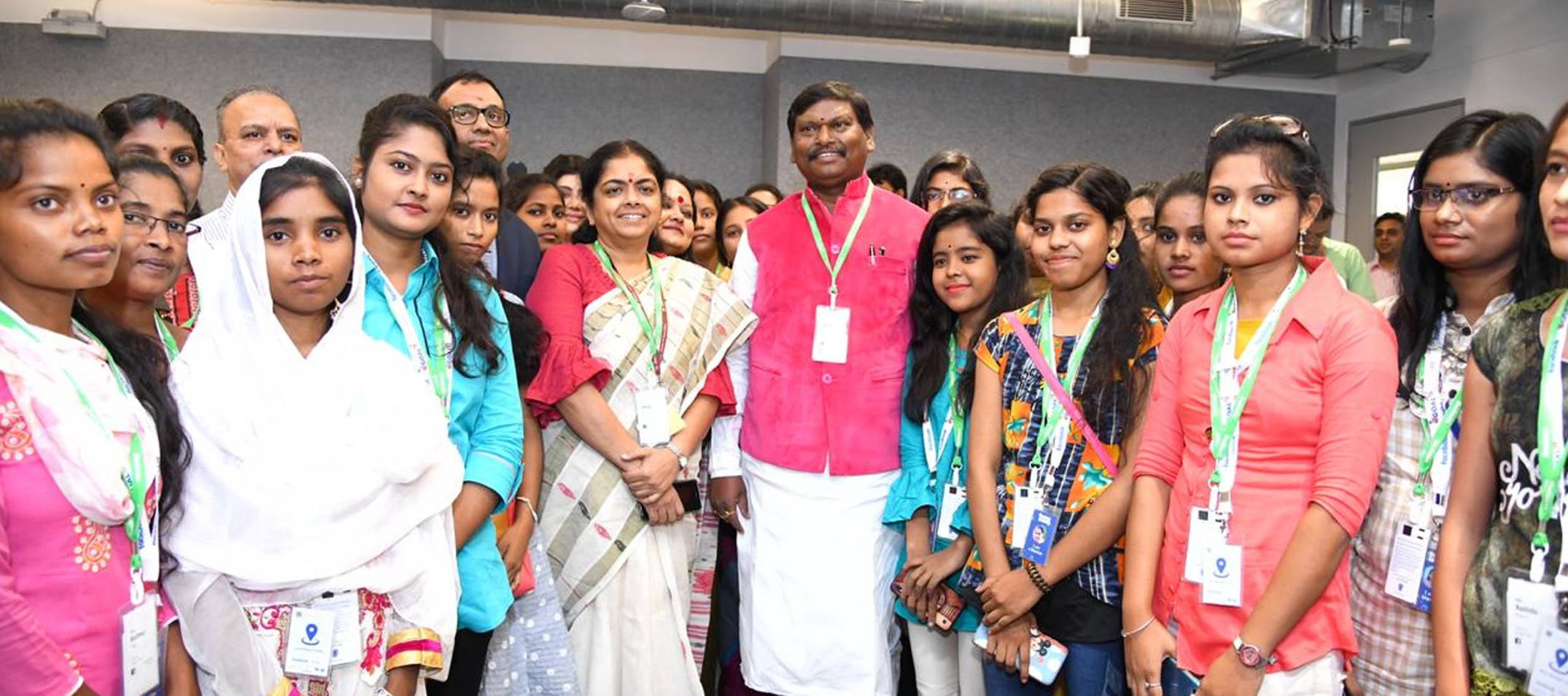
Union Minister of Tribal Affairs Arjun Munda announced the second phase of programme GOAL (Going Online as Leaders) for tribal women. The programme GOAL aims at encouraging, inspiring and guiding tribal women from across India to become local level digitally literate leaders. Ministry of Tribal Affairs partners with Niti Aayog and Facebook are running GOAL for tribal women. The objective of this program is to digitally mentor 5000 young women in India’s tribal-dominated districts. The GOAL program will give technical support to the socially and economically marginalized women for their needs to succeed, using the technology they may otherwise have not had access to. The GOAL program will include one-to-one weekly mentoring sessions. These sessions will focus on various types of programs like entrepreneurship, online safety and digital literacy. Facebook and the Tribal Affairs Ministry will ensure that beneficiaries should get around 2,00,000 hours of guidance.
-
India Govt organises Jaipur foot artificial limb fitment camp in Bangladesh
A camp is organized under India for the Humanity initiative of the Government of India to commemorate the 150th Birth Anniversary of Mahatma Gandhi.
A team of eight experts from Jaipur based Bhagwan Mahaveer Vikalang Sahayata Samiti is conducting the camp. Around 500 amputees will be provided an artificial limb in Dhaka through the camp. The Indian High Commission in association with the National Institute of Traumatology and Orthopedic Rehabilitation Along with Bangladesh Orthopedic Society is organizing a 42 day long Jaipur Foot Artificial Limb Fitment Camp in Dhaka.
The camp started on 28 September, was formally inaugurated jointly by India and Bangladesh officials. The Gandhi Jayanti celebrated on 02 October 2018 as the beginning of 150 years of celebrating the Mahatma marked the culmination of the Swachhta Hi Sewa event.
International News
-
Visa, Mastercard shun Facebook's Libra digital currency plan
Visa and Mastercard announced their departure from Facebook's Libra project, a potentially fatal blow to the social network's plan for a worldwide digital currency. Along with the two payment giants, several other large companies have said they're exiting Libra. Payment processing company Stripe said it is stepping back, as well as online auction company eBay. PayPal was the first of Libra's big partners to leave, announcing last week it would no longer be involved.
-
Tunisia election: 'Robocop' Kais Saied wins presidential runoff
Kais Saied has won free and fair presidential election after defeating Nabil Karoui. He is a retired constitutional law professor and also called as "Robocop".
-
Bangladesh second fastest growing economy in South Asia: World Bank
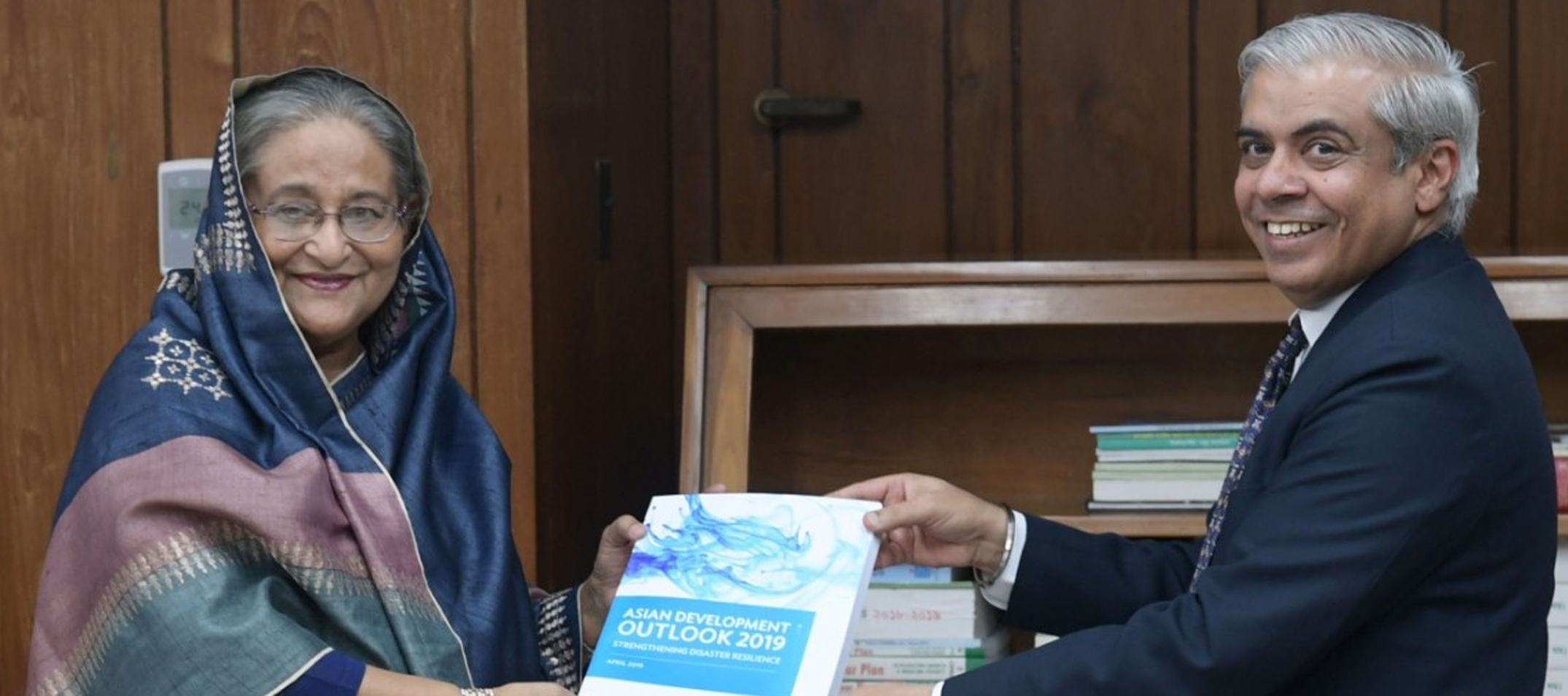
Bangladesh has become the second fastest growing economy in south Asia after Bhutan. World Bank in its report 'South Asia Economic Focus, Making (De) Centralization Work' percent in 2020 in Bangladesh. The report points out that its economy is likely to maintain growth above 7 percent, supported by a robust macroeconomic framework, political stability, and strong public investments. Bangladesh has reduced the current account deficit due to rising export and remittances which was above dollar 15.5 billion in 2018.
However, the report says financial sector vulnerability, fiscal pressures and loss of external competitiveness pose challenges to its growth rate. Indicating vulnerability in the financial sector, World Bank report says low deposit growth rate and rising bad loans along with low credibility of Letter of credit guarantees in the international market remain causes of worry for Bangladesh. The report points out that despite slowdown in industrial growth rate, the industrial sector remains strong as the country’s garment industry benefited from the trade tensions between the United States and China.
The World Bank said Bangladesh need to address key structural challenges such as reducing the infrastructure deficit, enhancing human capital, improving urban management and managing climate change risks.
-
UAE announces world’s first graduate-level research-based AI University
The government of the United Arab Emirates (UAE) has recently announced the establishment of the world’s first graduate-level, research-based AI university. This university has named - Mohamed bin Zayed University of Artificial Intelligence (MBZUAI). This university will enable graduate students, governments and businesses to advance the artificial intelligence field.
The university has been named after Crown Prince of Abu Dhabi and Deputy Supreme Commander of the UAE Armed Forces, Sheikh Mohamed bin Zayed Al Nahyan. It is believed that he has advocated for the UAE’s development of human capital through knowledge and scientific thinking to take the nation into the future.
-
India hands over 2 more Mi-24V helicopters to Afghanistan
India handed over two more Mi-24V helicopters to Afghanistan's Air Force. The helicopters handed over during a ceremony held at the military airport in Kabul. These choppers are replacements for the four helicopters India gave to Afghanistan in 2015 and 2016.
-
WTO gives US final authorisation to impose tariffs on EU products
The World Trade Organisation (WTO) gave the United States final authorisation to impose tariffs on EU products in retaliation for illegal subsidies given to Airbus. Earlier this month, a WTO arbitrator gave Washington the green light to slap tariffs on 7.5 billion US dollars worth of European Union imports. The move comes as a landmark moment in the 15-year legal battle between Airbus and American plane-maker Boeing. The arbitrator's award- the largest in the organisation's history- was rubber-stamped by the WTO's Dispute Settle Body (DSB) at a special DSB meeting. Washington has said the tariffs, which may target a range of consumer products including French wine, could be in place by Friday. But EU officials have indicated that they are trying to reach a negotiated settlement with the US to avoid escalating trade tensions that risk battering economies across the globe.
If those negotiations fail to produce a deal, Brussels will get the chance to impose its own WTO-approved tariffs on US products, after convincing WTO judges that Boeing had benefited from illegal US government subsidies. An arbitrators award in that case is due in 2020.
-
Sri Lanka: Jaffna international airport to commence operations
In Sri Lanka, the Jaffna international airport located in Tamil-majority North and built with Indian assistance commenced its operations. Jaffna airport was operational during 60s and 70s but was closed down following eruption of LTTE war. The airport has been developed afresh and runway length has been extended from 950 to 1400 metres to facilitate ATR 72 Aircraft carrying 70 passengers. Under phase 2, the runway length will be extended up to 2300 metres allowing for bigger aircrafts. The decision to develop the Jaffna Airport to operate regional commercial flights was taken on August 6.
Economy News
-
India’s First Private Train Violates Railway Tariff Law
The First private train service flagged off between Lucknow-Delhi-Lucknow route charges a higher fare than the existing Shatabdi Express and other trains on the same route.
According to the Railways Act, 1989 the Central government is the competent authority to decide on tariff. he IRCTC cannot decide on the tariff of any train. Hence, the India’s first private train has violated the Railways Act, 1989. The tariff issue can affect 150 more trains allowed by the government to run in private mode.
-
World Economic Outlook 2019 Report: India’s growth estimate to 6.1%
The International Monetary Fund (IMF) has released its biennial report – World Economic Outlook on October 15. The report indicates that over the past year, global growth has fallen sharply. India’s GDP growth will touch a mark of 6.1% in 2019 while it will go up to 7% in 2020.
The global economy witnessed a slowdown due to weak business confidence between USA and China. After a sharp decline in the second half of 2018, growth in the advanced countries stabilized in the first half of 2019.
-
World Bank cuts India's growth projection to 6%
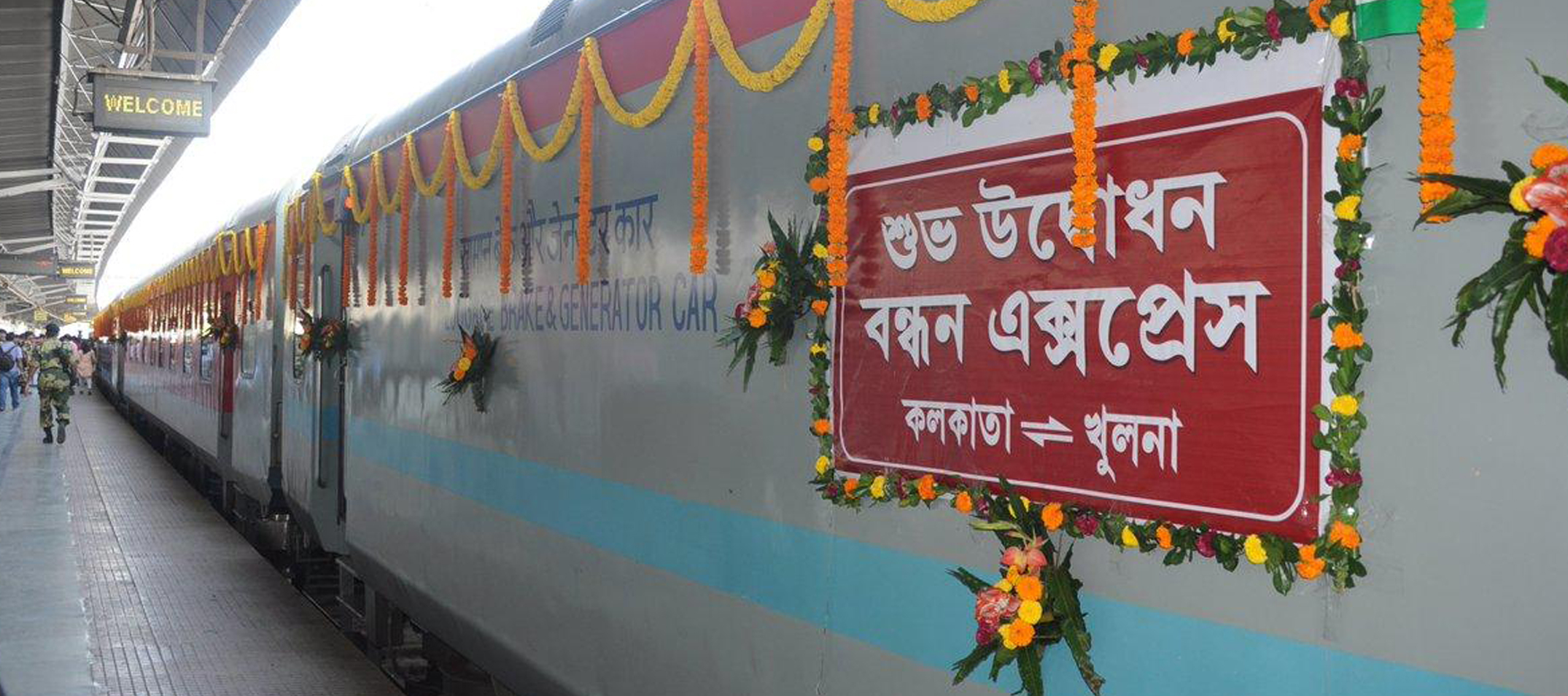
After a broad-based deceleration in the initial quarters of this fiscal year, India's growth rate is projected to fall to 6%, the World Bank said. In 2018-19, the growth rate of the country stood at 6.9%. However, the bank in its latest edition of the South Asia Economic Focus said the country was expected to gradually recover to 6.9% in 2021 and 7.2% in 2022 as it assumed that the monetary stance would remain accommodative, given benign price dynamics.
In 2018-19, it stood at 6.8%, down from 7.2% in the 2017-18 financial year.
According to the World Bank, poverty has continued to decline, albeit possibly at a slower pace than earlier. Between 2011-12 and 2015-16, the poverty rate declined from 21.6 to 13.4% ($1.90 PPP/day).The report, however, said disruptions brought about by the introduction of the GST and demonetisation, combined with the stress in the rural economy and a high youth unemployment rate in urban areas may have heightened the risks for the poorest households. The significant slowdown in the first quarter of the fiscal year and high frequency indicators, thereafter, suggested that the output growth would not exceed 6 per cent for the full fiscal year, the bank said. The report said the consumption was likely to remain depressed due to slow growth in rural income, domestic demand (as reflected in a sharp drop in sales of automobiles) and credit from non-banking financial companies (NBFCs).
However, the investment would benefit from the recent cut in effective corporate tax rate for domestic companies in the medium term, but also will continue to reflect financial sector weaknesses.
-
India relaxes e-visa policy for Chinese nationals
India has announced significant relaxations in its e-visa policy for Chinese nationals. From October 2019 onwards, Chinese nationals can apply for an e-Tourist visa (e-TV) of a 5-year validity with multiple entries. The visa fee for this 5-year multiple entry e-TV will be USD 80.
Furthermore, it has been decided that the prospective tourists can avail of single-entry 30-day validity e-TV at a reduced visa fee of USD 25, while for a 30-day e-TV during the months of April to June, the visa fee will be only USD 10. The one-year multiple-entry e-TV will continue to be offered but at a reduced visa fee of USD 40. In addition to the above, e-TV, the existing e-medical visa, e-conference visa, and the one-year multiple-entry e-business visa will continue to be issued from the online platform of Indian visas. It is anticipated that this unilateral liberalisation of e-TV for Chinese nationals will further enhance people-to-people exchanges between the two countries and encourage more Chinese tourists to choose India as a destination for tourism purposes, the release read.
-
Indo-US joint military exercise 'Vajra Prahar' to take place in Seattle from October 13
The 10th edition of the joint military exercise 'Vajra Prahar' between India and the US will be held at Joint Base Lewis-McChord (JBLM) in Seattle, United States from October 13-28.
'Vajra Prahar' is a Special Forces joint training exercise conducted alternately in India and the US.
-
India, ADB sign 190 million dollar loan agreement for improving road connectivity in Rajasthan
India and Asian Development Bank, ADB have signed 190 million dollar loan agreement for improving road connectivity in Rajasthan. The agreement was signed yesterday to upgrade 754 kilometres of state highways which will benefit about 26 million people in 14 districts of Rajasthan.
For the benefit of commuters and pedestrians, particularly women and children, the project provides for constructing more than 200 bus stops and 2 kilometer of raised sidewalk on project roads.
-
India extends Line of Credit worth USD 30 mn to Sierra Leone for irrigation development
India and Sierra Leone six agreements including a Line of Credit to the tune of USD 30 million for irrigation development in Tomabum to achieve self-sufficiency in rice production.
-
Curtain Raiser: Indo-Japan Joint Military Exercise DHARMA GUARDIAN – 2019
Joint Military Exercise DHARMA GUARDIAN-219 between India and Japan will be conducted at counter Insurgency and Jungle Warfare School, Vairengte, Mizoram from 19 Oct 2019 to 02 Nov 2019. Indian Army and Japanese Ground Self Defence Forces (JGSDF) comprising 25 soldiers each will participate in the exercise with an aim to share experience gained during various Counter Terrorism Operations in respective Countries.
Exercise DHARMA GUARDIAN is an annual training event which is being conducted in India since 2018. Notably, in the series of military training exercises undertaken by India with various countries Exercise DHARMA GUARDIAN with Japan is crucial and significant in terms of security challenges faced by both the nations in the backdrop of global terrorism. The scope of this exercise covers platoon level joint training on counter terrorism operations in jungle and urban scenario.
The joint military exercise will enhance the level of defence co-operation between Indian Army and Japanese Ground Self Defence Forces (JGSDF) which in turn will further foster the bilateral relations between the two nations.
-
RBI has stopped printing Rs 2,000 currency notes
The Reserve Bank of India (RBI) has revealed in a reply to an RTI that the printing of Rs 2,000 currency notes has been stopped. Not a single Rs 2,000 note has been printed this financial year. The RBI printed 3,542.991 million notes in the financial year 2016-17, which came down to 111.507 million notes in 2017-18 and was further reduced to 46.690 million notes in the year 2018-19. The high circulation of Rs 2,000 notes might defeat the government's objectives as it is easier to smuggle the high-denomination notes. Earlier there were reports that printing of Rs 2,000 notes have been stopped but the government had denied the same. As per data released by RBI, there were 3,363 million notes in circulation at the end of March 2018, which amounted to 3.3 per cent of the total currency in circulation in terms of volume and 37.3 per cent in terms of value.
The RTI answer comes just as the National Investigation Agency (NIA) claimed that 'high quality' fake currency notes have resurfaced, with Pakistan being the main source.
The apex bank had introduced the Rs 2,000 note after the government announced the decision to ban old Rs 500 and Rs 1,000 notes in November 2016. While new Rs 500 notes were minted, there have been no new Rs 1,000 notes.
-
Air India becomes first airline to use Taxibot on A320 aircraft with passengers on-board
Air India became the first airline in the world to use a Taxibot on a A320 aircraft with passengers on-board. Taxibot is a robot-used aircraft tractor for taxiing an aircraft from parking bay to runway and vice versa.
-
DPIIT launches website, mobile app for IPR
The Department for Promotion of Industry and Internal Trade (DPIIT) has launched a website and mobile application on Intellectual Property Rights (IPRs). The website and app have been developed by Cell for IPR Promotion and Management (CIPAM)-DPIIT in collaboration with Qualcomm and National Law University (NLU), Delhi.
The app will aid and enable youth, innovators, entrepreneurs and small and medium industries (SMEs) in understanding IPRs for their ownership and protection, integrate IP into business models and obtain value for their R&D efforts.
-
Indian Railways to become 'net zero' carbon emitter by 2030
As part of India’s strategy to combat climate change, Indian Railways will become "net zero" carbon emitter by 2030, said railways and commerce minister Piyush Goyal. India is the biggest emitter of greenhouse gases after the US and China, and is among countries most vulnerable to climate change. Meanwhile, the national carrier has a rail network of around 125,000km, making it the world’s largest railway network under a single management. It also has large tracts of land along its network, which will be used to set up solar power generation capacities. This assumes significance given that with a requirement of about 12 billion units of electricity a year, Indian Railways’ power consumption has been growing at an average 5% a year. The railways plans to source 10% of its electricity needs through renewable energy sources by 2020.
Railway infrastructure will need an overall investment of Rs50 lakh crore between 2018 and 2030. The investment will also help bring down logistic costs. India has been grappling with high logistics costs of 16-18%, making its exports uncompetitive vis-?-vis China, which has lower logistics costs of 8-10%.
-
Mastercard and MS Dhoni partner to build ‘Team Cashless India’
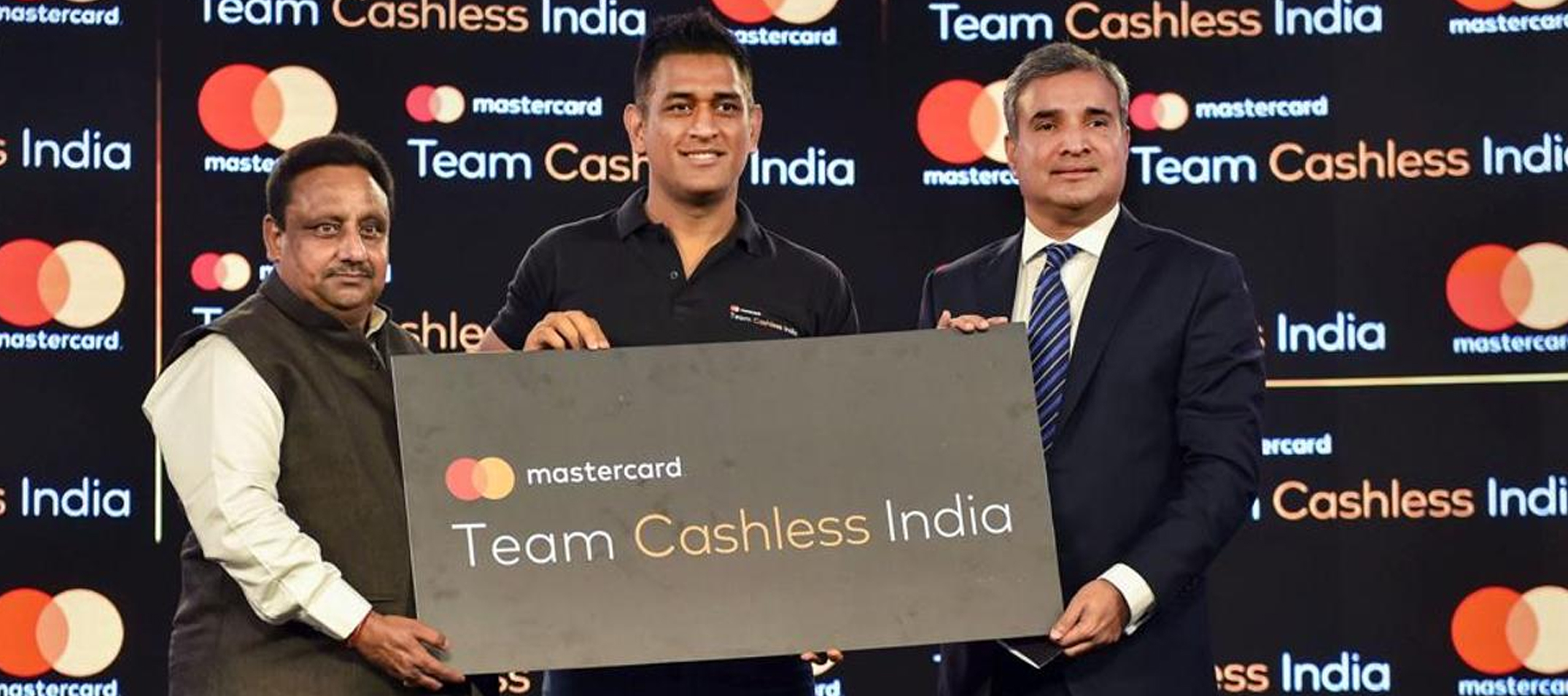
Mastercard, along with cricketer Mahendra Singh Dhoni, announced the launch of a nationwide initiative to accelerate the acceptance and adoption of digital payments. Titled ‘Team Cashless India’, the initiative brings consumers and merchants to the forefront of the digital payments dialogue. The campaign encourages all Indians to nominate one or more merchants who currently do not accept digital payments. Mastercard will work together with Confederation of All India Traders (CAIT), acquirer banks and fintech companies to support nominated merchants to deploy digital payments acceptance infrastructure. The initiative is in line with Mastercard’s endeavor to create an ecosystem which encourages people to use digital payments for their day-to-day purchases. To take part in ‘Team Cashless India’, anyone can either nominate merchants online or give a missed call at 9016861000.
-
Indian Air Force to begin joint military exercise 'Shinyuu Maitri' with Japanese counterpart in West Bengal today
The Indian Air Force will be carrying out a joint military exercise 'Shinyuu Maitri' with Japanese Air Self Defence Force (JASDF) from 17 to 23 October. The exercise will be held at Air Force Station, Arjan Singh in Panagarh town in West Bengal. The focus of the exercise will be to undertake Joint Mobility and Tactical interoperability among the two forces.
The exercise will be held at Air Force Station, Arjan Singh in Panagarh town in West Bengal
-
Indian Army inducts US precision-guided Excalibur artillery ammunition
Indian Army now has the precision-guided Excalibur artillery ammunition, built by the United States of America's Raytheon, in its inventory which gives the force the ability to annihilate the enemy at a much greater range with extreme accuracy. The revelation was made at the Army commanders conference where it was also announced that the indigenous Dhanush 155mm/45 Calibre towed artillery gun system, also called desi Bofors, is now a part of the force. Excalibur artillery ammunition, capable of hitting targets even in densely populated areas 50 kilometres away with an error margin of less than 2 metres, has been procured by the India Army under fast track procedures. Artillery units deployed along the Line of Control will be supplied the Excalibur ammunition to give a befitting reply to Pakistani Army which often resorts to unprovoked ceasefire violations using heavy artillery. Since the Pakistani artillery units are often based near populated areas, Indian soldiers will be able to target them with pinpoint accuracy using the Excalibur ammunition as these use GPS and inertial navigation. Different fuses can be used to either ensure the 48-kilogramme Excalibur shell explodes in the air or penetrates bunkers and reinforced structures with its PBXN-9 (polymer-bonded explosive) warhead.
Indian Army sources also said the Commander's Conference also discussed the new post of the Chief of Defence Staff, which has been created to ensure better coordination between the Indian Army, Indian Air Force and Indian Navy.
-
IAF and Royal Air Force of Oman begins Joint Exercise 'Ex-Eastern Bridge-V'
Indian Air Force (IAF) and Royal Air Force of Oman (RAFO) started participating in a bilateral joint exercise named Ex-Eastern Bridge-V. The joint exercise will be held at Air Force Base Masirah in Oman. Earlier in 2017, the exercise Ex-Eastern Bridge-IV was held at Jamnagar, India. Indian Air Force and Royal Air Force of Oman will also promote the exchange of experience, operational knowledge and professional interaction during the participation in a joint exercise. The Ex-Eastern Bridge-V joint exercise will conclude on October 26, 2019. It is for the first time when MiG-29 fighter aircrafts are participating in an international military exercise outside India.
People in News
-
Shri J.P.S. Chawla assumes charge as new Controller General of Accounts
Shri J.P.S. Chawla assumed charge as the new Controller General of Accounts, Ministry of Finance, Department of Expenditure. Prior to assuming the charge of CGA, Shri Chawla served as Principal Chief Controller of Accounts, Central Board of Indirect Taxes & Customs (CBIC) where he was instrumental in the finalisation of the accounting procedure and operationalisation of GST Network (GSTN) before the national rollout of GST. He also played a key role in the integration of the IGST refund payment network of CBIC with the Public Financial Management System (PFMS) as part of the Government of India’s decision to digitise all Government receipts and payments through the PFMS portal of the Office of Controller General of Accounts.
-
Anoop Kumar Mendiratta appointed new Law Secretary
In a first, a serving district and sessions judge was appointed as the Union Law Secretary. Anoop Kumar Mendiratta has been appointed as the new Law Secretary (Secretary, Legal Affairs) in the Union Law Ministry, according to a Personnel Ministry order. Mendiratta is at present the District and Sessions Judge, North-East District, Karkardooma Courts, Delhi. He has been appointed to the post on contractual basis till March 30, 2023, i.e. till his attaining the age of 60 years.
-
CJI Gogoi recommends Justice SA Bobde as his successor
Chief Justice of India Ranjan Gogoi sent a letter to the Centre recommending Justice SA Bobde, the senior-most judge of the Supreme Court, as his successor. Justice Gogoi, who was sworn in as the 46th Chief Justice of India on October 3, 2018, will demit the office on November 17. The Chief Justice has gone by the convention to recommend the name of the next senior judger after him as his successor. Justice Gogoi as the Chief Justice has a tenure of 13 months and 15 days while Justice Bobde, who will be sworn in as CJI on November 18, will have a tenure of about 18 months. According to the Memorandum of Procedure, which governs the appointment of members of the higher judiciary, "appointment to the office of the Chief Justice of India should be of the senior-most judge of the Supreme Court considered fit to hold the office". Under this process, after receiving the CJI’s recommendation, the law minister puts it before the prime minister who advises the president on the matter.
-
Gujarat-cadre IPS Officer Anup Kumar Singh Appointed as New NSG Chief
Senior IPS officer of Gujarat cadre Anup Kumar Singh has been appointed as director general of the National Security Guard (NSG). The appoint of Singh, a 1985-batch IPS officer, as the DG of the 'black cats commando' force was approved by the Appointments Committee of the Cabinet (ACC) led by Prime Minister Narendra Modi. The NSG was raised as the federal contingency force to counter terrorists and hijack-like incidents in 1984. The commandos of the force are based in five hubs across the country, apart from their main garrison in Gurgaon's Manesar. They also render personal security to some of the most high-profile VVIPs.
-
First blind IAS officer takes charge as sub-collector
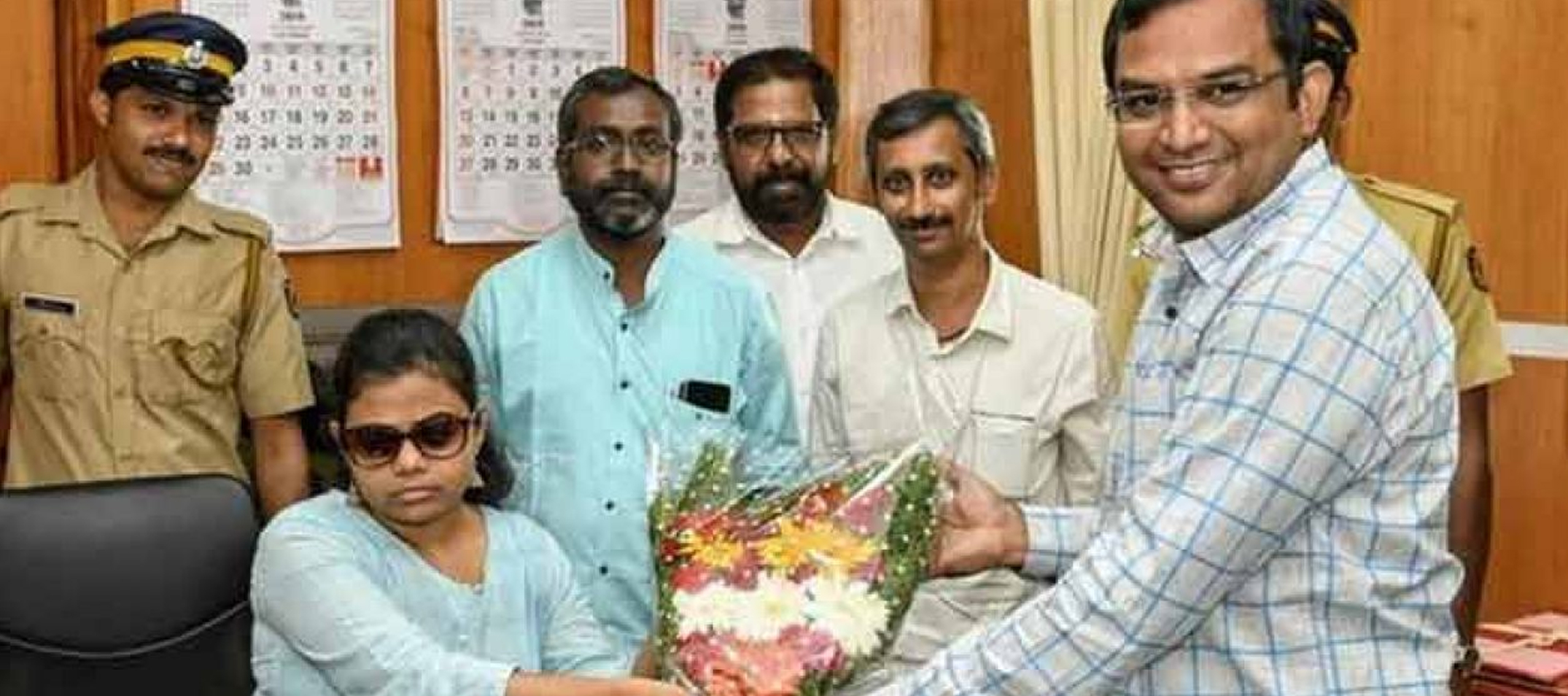
India's first visually-impaired IAS officer Pranjal Patil has taken charge as Thiruvananthapuram sub-collector. This is her second assignment since her appointment into service in 2018. Pranjal was received by the office staff and district collector K Gopalakrishnan at his office in the state capital. Pranjal lost her vision at the age of 6. Hailing from Ulhasnagar, Maharashtra, she completed her postgraduation in internal relations from JNU. In 2016, she secured 773rd rank in the UPSC exam. Though she was eligible for various posts under IRS, she was not appointed because of her visual impairment. Pranjal gave a second attempt in 2017 in which she secured 124th rank, easily qualifying for IAS.
Days and Events
-
International Day of Rural Women 2019-15 October
Theme of International Day of Rural Women 2019- Building resilience to face the climate crisis.
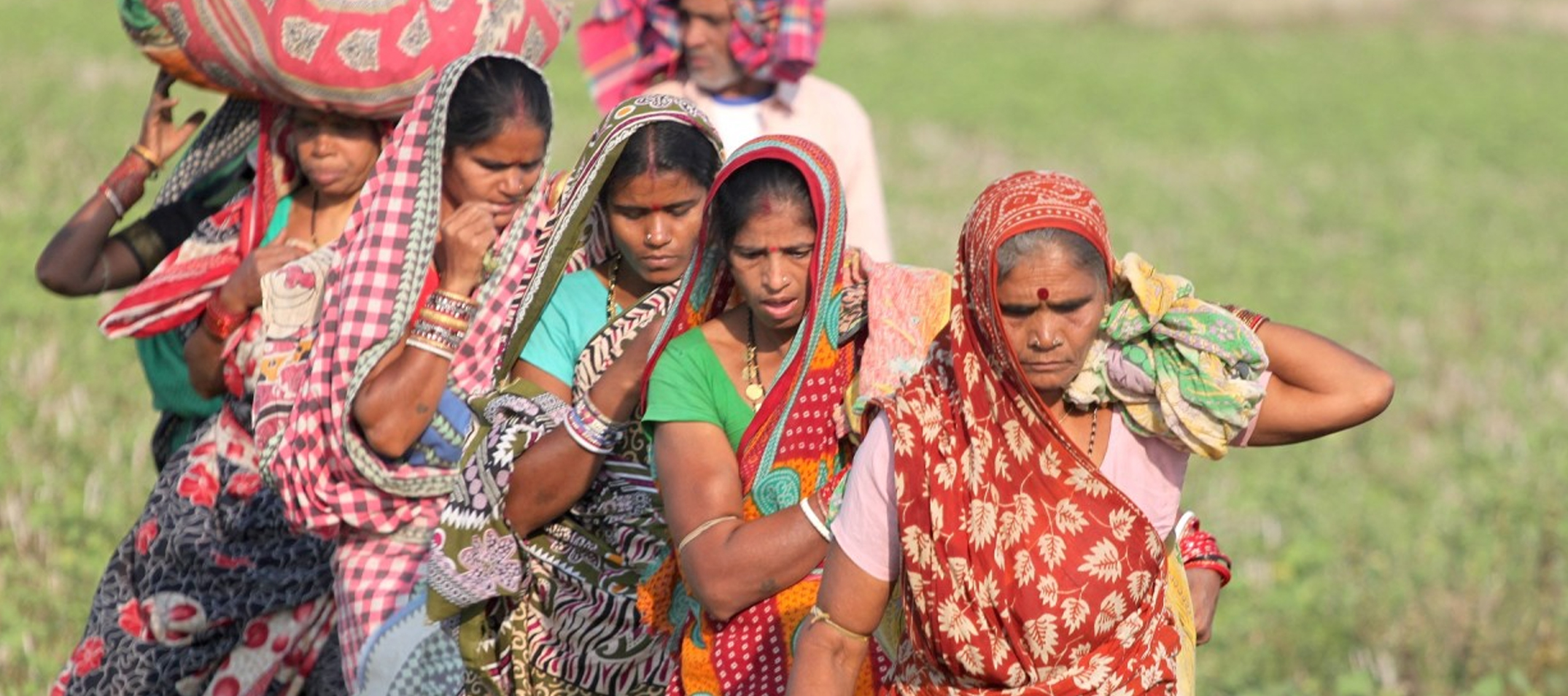
International Rural Women's Day is observed on 15 October every year across the globe. This day emphasize on a factor that the world’s sustainable future is not possible without rural women and girls. United Nations and other UN entities believe this great need to empower rural women and girls in the context of climate change. The Secretary-General Report of 2019 was focused on improving the situation of women and girls in rural areas that highlights the importance of empowerment of rural women.
This year’s theme for International Day of Rural Women 2019 is ‘building resilience to face the climate crisis.’ The objective of this theme is to highlight the important role that rural women and girls play in building resilience against climate change. Another aim of this day is to remember that the world’s sustainable future is not possible without rural women and girls.
-
World Students’ Day 2019: Dr. A.P.J Kalam’s birthday-15 October
World Students’ Day is celebrated on 15 October which is the birth anniversary of the Missile Man of India Dr. Abdul Kalam. He was the 11th President of India (2002-2007). Being a politician, he was a scientist and a teacher. He played a crucial role in the Pokhran-II nuclear tests in 1998 and so, he earned the title 'Missile Man of India'. On 27 July 2015, he suffered a cardiac arrest while delivering a lecture to the students of IIM Shillong.
-
World Food Day-16 October
Since 1981, World Food Day has been held every year. The theme of World Food Day 2019 is “Our Actions Are Our Future. Healthy Diets for A #ZeroHunger World". It focuses on tackling global hunger.
-
Shirui Lily Festival inaugurated in Manipur
Union Minister of State (Independent Charge) for Tourism and Culture Prahlad Singh Patel inaugurated Shirui Lily Festival, 2019 at Shirui Vangayan Ground of Ukhrul in Manipur. The initiative will provide an opportunity to youth outside the region to develop a positive perception about North-East. He also said this will create a lifelong impression in their mindset about the scenic natural beauty of the region, its cultural aesthetics and hospitality of its people.
-
UP to organize Indias first KHON Ramlila programme
Uttar Pradesh State government is planning to organize India’s first training and performance program of world-famous KHON Ramlila. It is a masked form of Ramlila art of Thailand. The program will be organized by the Culture Department of Uttar Pradesh in collaboration with the Thai government.
The program will be organized on the 26th of October. The participating artists will get training from experts in Thailand as part of the cultural exchange program between the two countries. The artists will perform at Grand Deepotsav function in Ayodhya. The art KHON Ramlila of Thailand has been included in the list of UNESCO’s Intangible cultural heritage.
Awards
-
Chandi Prasad Bhatt to get Indira Gandhi National Unity Award
Noted environmentalist and Gandhian from Uttarakhand Chandi Prasad Bhatt has been selected for the Indira Gandhi National Unity Award this year. Bhatt, known for pioneering the Chipko Movement, will be honoured by Sonia Gandhi during a function at Jawahar Bhawan in New Delhi on October 31.
-
Kayakalp Awards: AIIMS Delhi wins top cleanliness award, bags ?3 crore
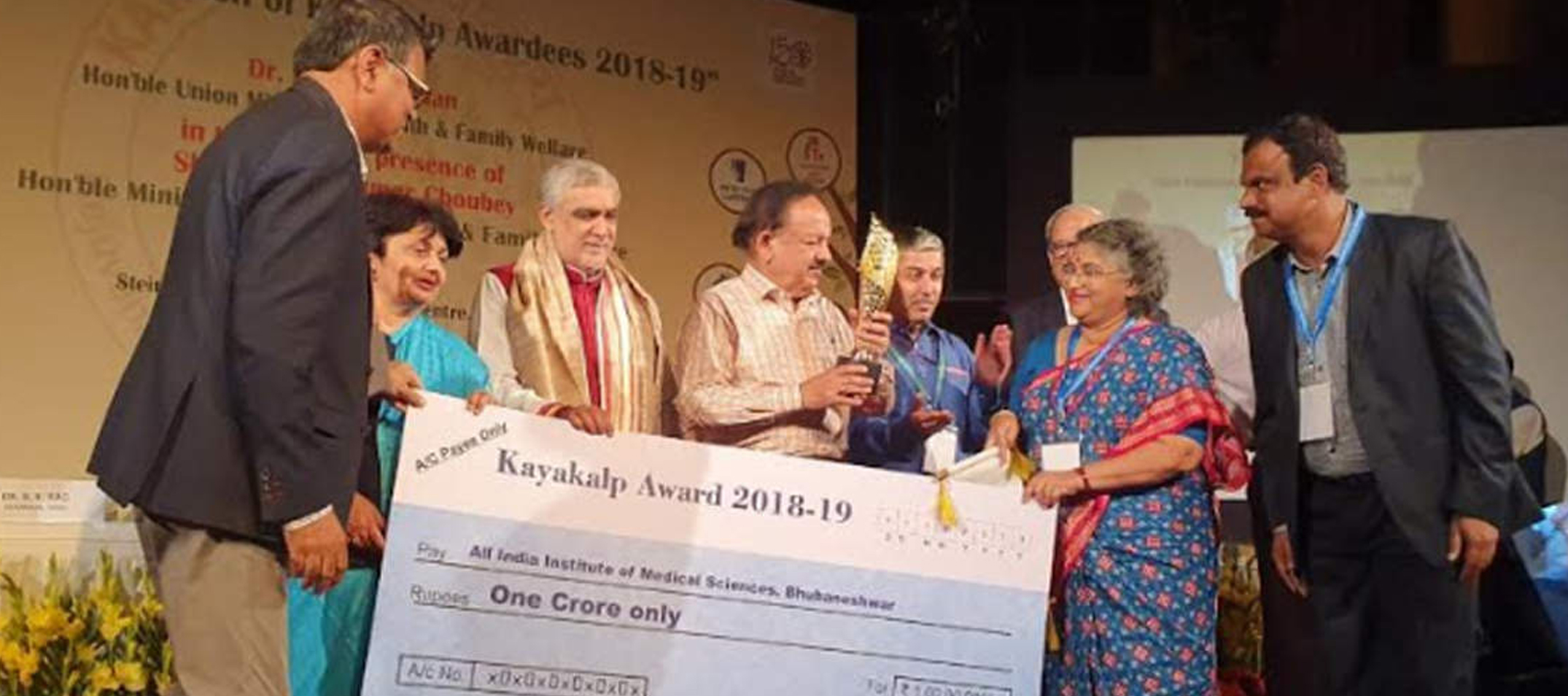
The All India Institutes of Medical Sciences (AIIMS) has bagged the first prize of ?3 crore under the government’s Kayakalp scheme for 2018-19. The Kayakalp Award was instituted as part of the 'Swachh Bharat Abhiyan' on 15 May, 2015 as a national initiative to recognize and felicitate public health facilities that demonstrate high levels of cleanliness, hygiene and infection control measure on promoting cleanliness in public spaces. Under the Central Government Hospitals A category, after AIIMS Delhi, Jawaharlal Institute of Postgraduate Medical Education and Research (JIPMER), Puducherry was judged as the runner-up in this category with ?1.5 crore prize money, and Postgraduate Institute of Medical Education and Research (PGIMER), Chandigarh and Safdarjung Hospital, Delhi won the Commendation Award of Rs. 50 Lakh each.
-
Indian-origin Abhijit Banerjee wins Nobel Prize for Economics for work on global poverty
Indian-American Abhijit Banerjee, his wife Esther Duflo and Michael Kremer jointly won the 2019 Nobel Economics Prize "for their experimental approach to alleviating global poverty." Banerjee, 58, was educated at the University of Calcutta, Jawaharlal Nehru University and Harvard University, where he received his PhD in 1988.
He is currently the Ford Foundation International Professor of Economics at the Massachusetts Institute of Technology, according to his profile on the MIT website. In 2003, Banerjee founded the Abdul Latif Jameel Poverty Action Lab (J-PAL), along with Duflo and Sendhil Mullainathan, and he remains one of the lab’s directors.
He also served on the UN Secretary-General’s High-level Panel of Eminent Persons on the Post-2015 Development Agenda.
-
Booker Prize 2019: Margaret Atwood and Bernardine Evaristo share the award
Margaret Atwood and Bernardine Evaristo have jointly awarded 2019 Booker Prize. This award has been given jointly to two people for the first time in nearly 30 years.
Both the winners will share prize money of 50,000 British Pounds for their novels. Total six books were shortlisted for the award and Salman Rushdie's tragicomic 'Quichotte' was one of them. Bernardine Evaristo became the first black woman to win this prize. Margaret Atwood received the award for her novel 'The Handmaid's Tale' and Bernardine Evaristo won Booker Prize for her novel 'Girl, Women, Other.' She has become the first black woman and the first black British writer to win the Booker Prize. Canada’s Margaret Atwood has become oldest (79) to win Booker Prize. Margaret Atwood had won her first Booker Prize in 2000 for ‘The Blind Assassin.’ She is the second women author to win the Booker Award twice and fourth overall writer.
-
India wins four UNESCO heritage awards; Flora Fountain, others bring three cheers for Mumbai
The UNESCO Asia-Pacific Awards for Cultural Heritage Conservation awards were announced at a ceremony held in Penang, Malaysia, marking 20 years since its institution. This year marked 20 years of the UNESCO Awards for Cultural Heritage Conservation, which was conceived in Penang, Malaysia, during UNESCO's landmark 'Economics of Heritage' regional conference in 1999. The List of Awards Category include :
- Award of Distinction: Vikram Sarabhai Library, Indian Institute of Management (IIM), Ahmedabad. It is restored by architect Brinda Somaya
- Award of Merit: Keneseth Eliyahoo Synagogue (Mumbai), a Jewish Synagogue restored by Abha Narain Lambah and Our Lady of Glory Church (Mumbai) restored by David Cardoz and and Ainsley Lewis
- Honourable Mention: Flora Fountain (Mumbai). It is restored by conservation architect Vikas Dilwari and his team.
Science & Technology
-
Indian Space Research Organisation (ISRO) to launch Reusable Launch Vehicles (RLV) in Karnataka
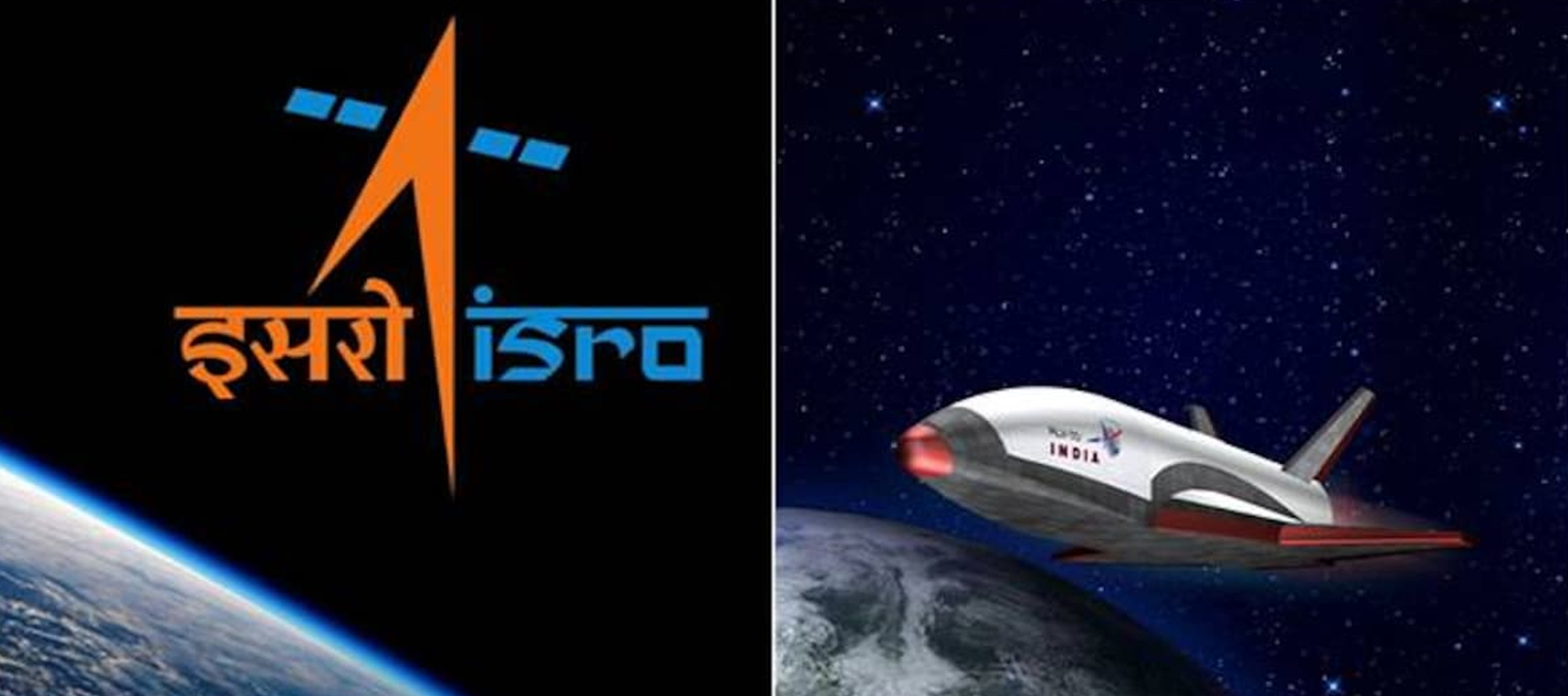
The Reusable Launch Vehicle Program was launched by ISRO in 2016. It aims to cut down the launch cost by reusing the spacecraft. So far, the RLV (Reusable Launch Vehicle) has been tested over water. For the first time, ISRO will test in land. The RLV will function as a space shuttle that will carry a payload to space and glide back to the earth. While returning, it is to land like a normal aircraft. The landing of the RLV is to be tested at Challakere in Chitradurga district in Karnataka.
Sports News
-
Dutee Chand Breaks 100m National Record, Moves Closer To Olympic Mark
Dutee Chand broke her own 100m national record, clocking 11.22 seconds in the semifinal before winning gold in the event at the ongoing National Open Athletics Championships in Ranchi. Dutee's previous record, which she held jointly with Rachita Mistry who set it in 2000, was 11.26 seconds.
-
Barcelona star Lionel Messi wins sixth Golden Shoe award

Barcelona star Lionel Messi has won his sixth Golden Shoe award and highlighted the role of his teammates in his form. It is the third successive year that the Argentine star has scooped the award for the most goals by a player in a major league, while he also won the gong in 2010, 2012 and 2013.
-
Mumbai teenager Yashasvi Jaiswal becomes youngest cricketer to score 200
Mumbai teenager Yashasvi Jaiswal smashed his way into the record books by becoming the youngest player to score a List-A double century. Playing in his debut Vijay Hazare season, the 17-year-old scored 203 off 154 balls, which included 12 sixes and 17 fours against a Jharkhand attack that included out-of-favour India pacer Varun Aaron and Shahbaz Nadeem.
Rankings
-
Global Hunger Index 2019: India at 102 out of 117 countries, falls behind Nepal, Bangladesh, Pakistan
India ranked 102 out of 117 countries in the Global Hunger Index (GHI) 2019 that is placed at much below to its South Asian neighbours such as Nepal, Bangladesh, Pakistan. The GHI report pointed out that "India is suffering from a serious hunger problem". The Global Hunger Index measures countries on a 100 points scale, where a score of 0 (zero) is considered as best performing countries and 100 is the worst. The Global Hunger Index report, prepared and published jointly by Irish aid agency Concern Worldwide and German organization Welt Hunger Hilfewas, calculated on the basis of four indicators that are - child mortality, undernourishment, child wasting (weight for age) and child stunting. The major focus of the index was on the relation between climate change and hunger. The report also explains the impact of extreme weather on food production and food security.
-
Gujarat, T.N. top performers under the PM-JAY health scheme
The government’s flagship programme, Ayushman Bharat-Pradhan Mantri Jan Arogya Yojana (AB-PMJAY), touted as the world’s largest government-funded healthcare programme, has crossed the 50 lakh treatment mark.
Gujarat, Tamil Nadu, Chhattisgarh, Kerala and Andhra Pradesh have emerged as the top-performing states under the scheme.
-
World Giving Index: India ranks 82, USA tops the list
India ranks 82 among the 128 countries surveyed by the Charities Aid Foundation (CAF), an international organisation that promotes giving to transform lives and communities across the world. The findings is an aggregate of trends for each country that emerged in surveys conducted by CAF over the past decade (2009 to 2018) and formulated as the World Giving Index (WGI). The survey covered 1.3 million (13 lakh) people worldwide. According to the WGI, USA stood at the top followed Myanmar, New Zealand and Australia. Others in the top ten countries included Ireland, Canada, UK, Sri Lanka and Indonesia. India at 82 on the index falls below Nepal (53), Pakistan (69), Mexico (73) and Brazil (74). At the bottom of the list are Yemen, Greece and China.
The average figures for India over the past decade show that 34 per cent people helped a stranger, 24 per cent donated money and 19 per cent volunteered or donated their time. But India’s ranking may not be representing the complete picture since much of the giving here is informal and may have been missed by the survey.
-
Karnataka tops the Innovation Index followed by Tamil Nadu, Maharashtra, and Delhi
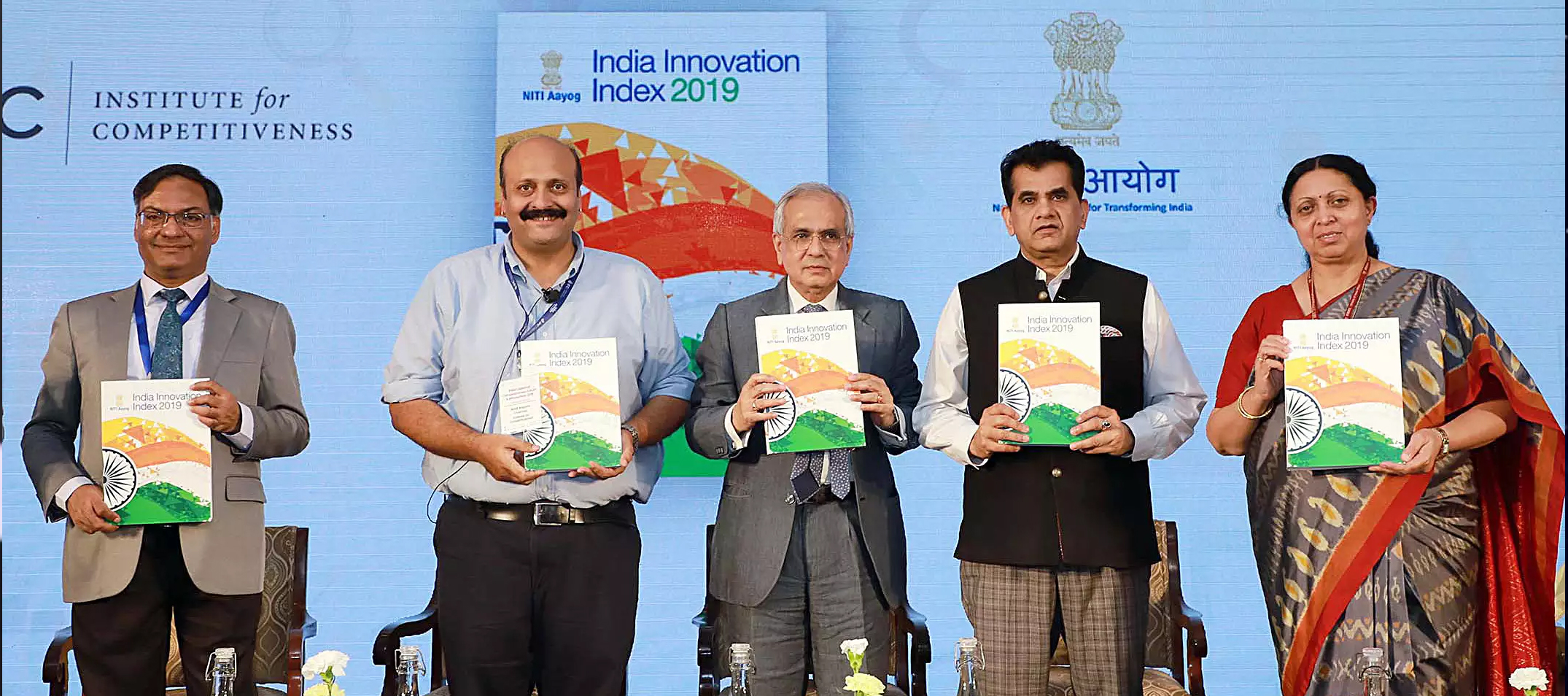
NITI Aayog with Institute for Competitiveness as the knowledge partner released the India Innovation Index (III) 2019. Karnataka is the most innovative major state in India. Tamil Nadu, Maharashtra, Telangana, Haryana, Kerala, Uttar Pradesh, West Bengal, Gujarat, and Andhra Pradesh form the remaining top ten major states respectively. The top ten major states are majorly concentrated in southern and western India. Sikkim and Delhi take the top spots among the north- eastern & hill states, and union territories/city states/small states respectively. Delhi, Karnataka, Maharashtra, Tamil Nadu, Telangana, and Uttar Pradesh are the most efficient states in translating inputs into output.
-
India ranked third in 2019 Hurun Global Unicorn List; China pips US to top ranking
The Hurun Research Institute has released the inaugural Hurun Global Unicorn List 2019, a ranking of the world’s billion-dollar tech ‘start-ups’ founded in the 2000s and not yet listed on a public exchange. Hurun Research found 494 unicorns in the world, based in 25 countries and 118 cities.
The world’s unicorns are based in only 25 countries around the world, spread around 118 cities. China pipped the US to lead by 206 versus 203, and together they accounted for over 80 per cent of the world’s unicorns. Europe has 35 unicorns.
India was placed third with 21 unicorns, led by payments solutions platform One97 Communications ($10 billion) and followed by cab aggregator Ola Cabs ($6 billion); online educator Byju’s ($6 billion) and travel-stay finder OYO Rooms ($5 billion). The UK was fourth with 13, led by health and beauty online retailing platform The Hut Group ($5 billion). Interestingly, the UK has more unicorns than Germany and France combined. By city, Beijing is the world’s unicorn capital with 82, comfortably ahead of San Francisco with 55, which is followed by Shanghai, New York and Hangzhou. As a region, Silicon Valley leads the world with 102 or 21 per cent of the world’s unicorns.

